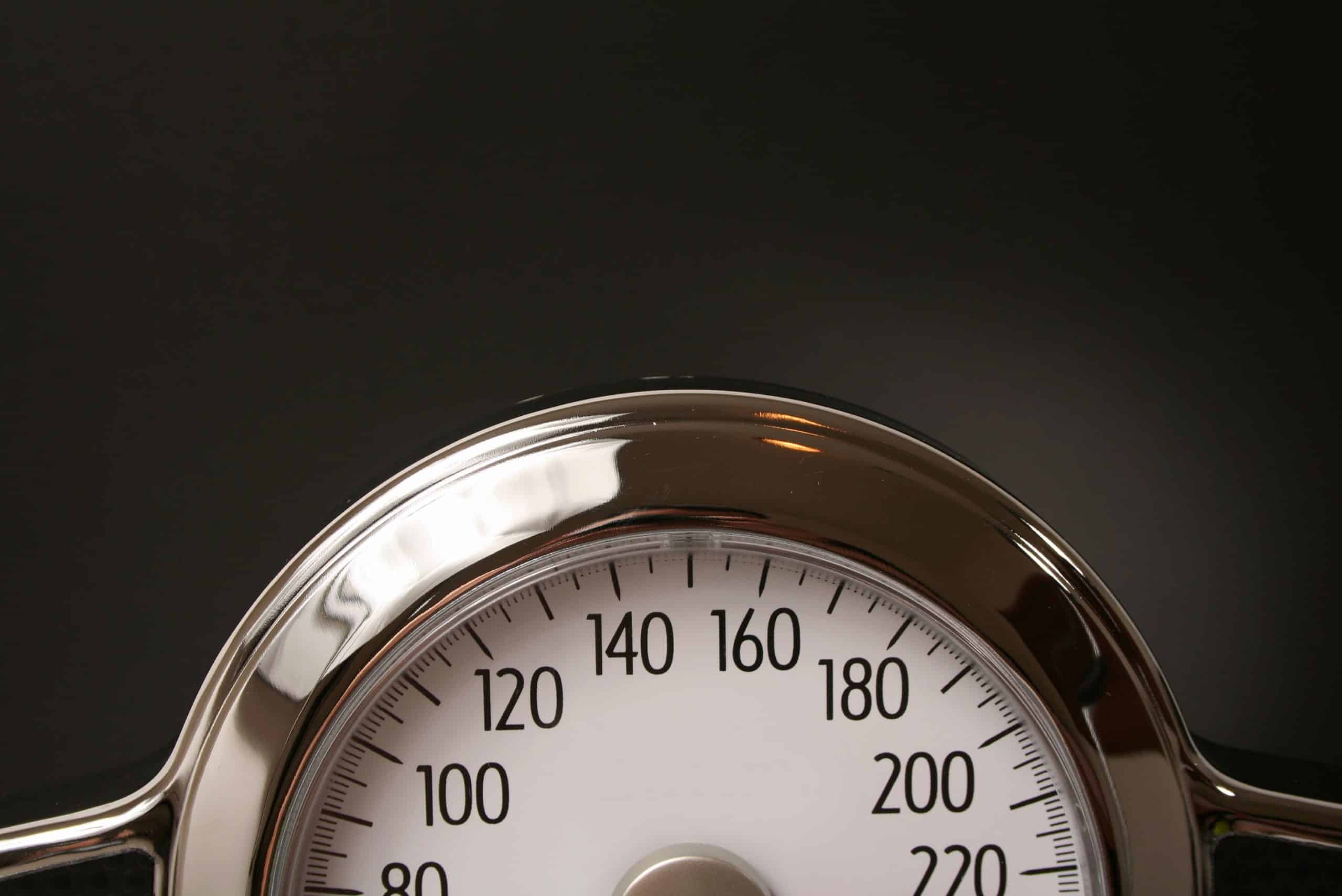Contestants on The Biggest Loser are suffering the same fate as all crash dieters — just proportionate to length and intensity of the crashing. Now they’re rebounding and don’t know why. In fact, no one seems to have an explanation worth the ink that’s being spilled. They paid for weight loss on credit and their metabolic interest rate is too high.
An article in The New York Times reveled that most had gained weight back and nearly all were experiencing metabolic slowing. While the article considered these outcomes to spell doom and gloom for anyone battling obesity, I’m cautiously optimistic that pieces like this will bring to light how badly the entire industry needs to rethink what they “pretend” to know about the metabolism.
Most people responded with misty eyes at the show’s incredible weight loss success. Others knew something was wrong, like watching someone roll up in a brand new Mercedes who can barely afford groceries. You know when someone’s buying on credit.
Big problems with how they lost weight
The rules of the game actually prohibited a practical weight loss strategy. Participants were required to push for more weight loss if they wanted to stay in the game. Simple math here, your metabolism adapts to your food intake to stabilize your weight during environmental changes.
This is how we can survive an environment outside our exact caloric requirements. The more extreme the shift in “nutritional climate” the more dramatic the metabolic change. This survival mechanic overrides the typical factors you hear weight loss professionals talk about such as age, gender, lean mass, or any other details your body really doesn’t care about when it’s life or death.
Wait, I thought my metabolic rate is all about how much muscle I have, or whether I’m male or female?
Nope. Those are secondary factors, like determining what kind of gasoline you put in your car. Lets deal with the big stuff folks — like am I even in a car? Or am I on the Jungle Cruise ride at Disneyland? That’s how far off the weight loss community is when it comes to understanding the metabolism.
Metabolic adaptation is why we’ve been able to survive periods of famine, scarcity, and pretty much the entire dating scene — “I’ll have a salad and a to-go box.”
When you eat less you lose weight — just not indefinitely, otherwise you’d die. Literally, you would die. You’d waste away to 91 pounds and die in the hospital with doctors shaking their heads saying, “if only he added bacon bits to his salad.”
That means if you’ve been crash dieting and are alive to tell the tale, you can thank your metabolism for adapting to keep you functioning through all of it. It’s also why you gained 20 pounds instead of 200 pounds living in the dorms when you were 19 and in college. That’s right, your metabolism actually sped up with each hot pocket during those years while it attempted to offset the rate your body was gaining weight. Yeah I know, you still gained weight — but you gained less than what you should have mathematically. It’s because your metabolic rate doesn’t sit still — it’s as fidgety as Woody Allen on a blind date.
This adaptive characteristic is what’s hurting “The Biggest Loser” contestants today. Most of them were used to eating a high (probably very high) amount of calories before beginning. By the time they stood on stage, half the person they used to be, they had acclimated their bodies to a much lower intake level. Thinner bodies or not, by their last weigh-in they had choked out their metabolism.
These aren’t the droids you’re looking for
Extreme caloric restriction coupled with marathon workouts and no periods of respite create the perfect illusion of progress. Excited by the new number on the scale, no one’s paying attention to their metabolism lying on the floor trying to tap out.





